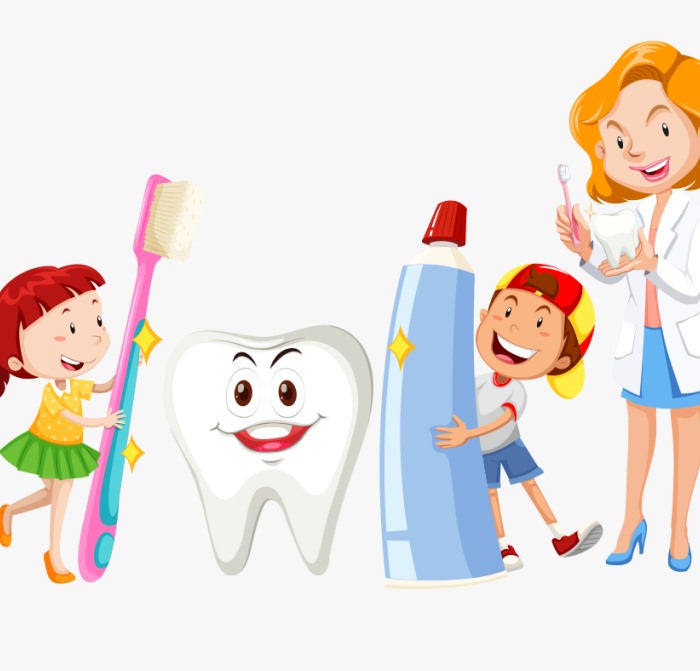Habit Breaking
However, if your child is over four years of age and still cannot give up their habit of thumb sucking, it can be a reason to be concerned about. This is because if these habits continue, they can cause dental issues, affect their skeletal and jaw development, and can also cause problems like open bites.
FAQ
Sucking may interfere with the appropriate development of the mouth and tooth alignment once the permanent teeth have erupted. Additionally, it may result in alterations to the mouth’s roof.
While using pacifiers can effectively have the same negative effects on teeth as sucking fingers and thumbs, the practice is frequently simpler to quit.
The degree to which the child suckers affects whether or not tooth issues may develop. Children who passively lay their thumbs in their mouths have fewer difficulties than those who actively suck their thumbs. Baby (primary) tooth issues might arise in certain aggressive thumbsuckers.
When you have nasal congestion or are engaging in vigorous exercise, you must breathe via your mouth. However, constantly breathing via your mouth, even as you sleep, can result in a number of dental health issues. Mouth breathing in youngsters can cause crooked teeth and facial malformations. Adult mouth breathing can cause gum disease and poor breath.
The medical word for jaw clenching or teeth grinding is bruxism. Many children have it, although the majority outgrow it with no long-term issues.
We Bring Smile To Kids



